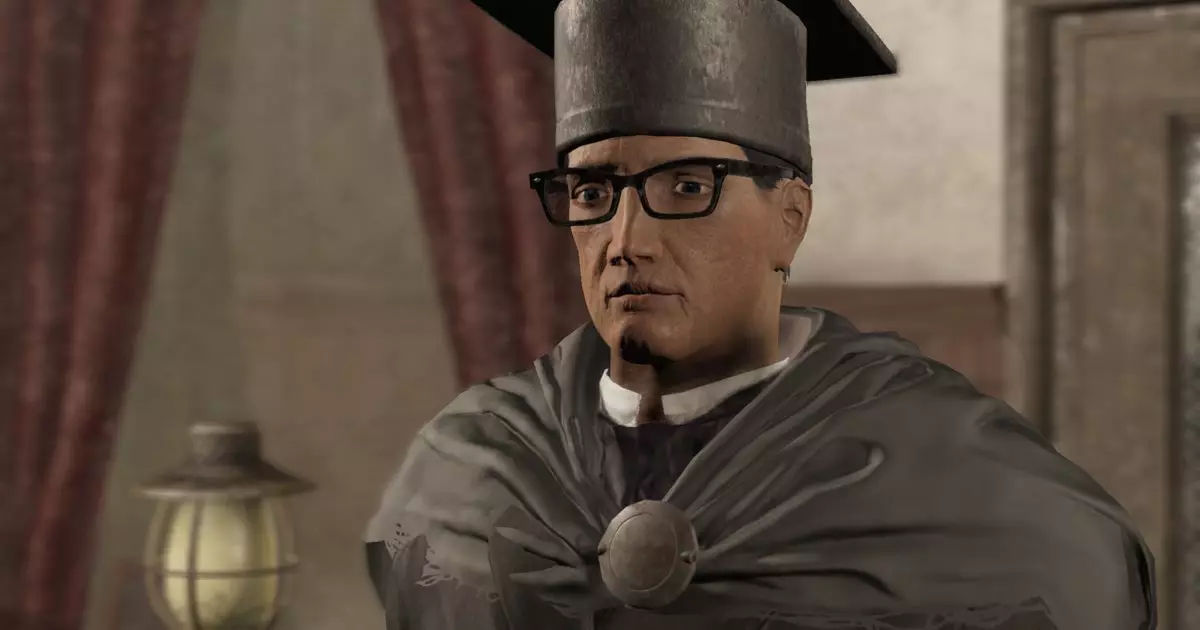The gaming landscape is constantly evolving, with players seeking immersive experiences that extend the lifespan of their favorite titles. Recently, GOG (Good Old Games) has stepped up to the plate with an ambitious new initiative: the GOG One-click Mods. This project aims to streamline the notoriously cumbersome process of modding games, making it easier for users to enhance their gaming experiences without the usual headaches associated with mod installations. Notably, GOG aims to transform how players engage with mods through this seamless integration.
Yet, what does this initiative truly mean for gamers? Moving beyond the basic premise of making mods accessible, GOG’s strategy delves into the deeper implications of community engagement, mod quality, and the commercial realities of game distribution. The spotlight is particularly on how such an approach can shift player behavior and, ultimately, the modding community itself.
Diving into Handpicked Selections
To kickstart the GOG One-click Mods initiative, a selection of curated mods has been identified, such as Fallout: London and the Horn of the Abyss mod for Heroes of Might and Magic 3. These titles are not simply random picks from existing mods but rather reflect carefully considered choices based on community impact, popularity, and the developers’ existing relationships with mod teams. GOG spokespersons have indicated that their team’s familiarity with the modding scene has informed these selections, making them confident in offering these specific enhancements.
However, while the initial offerings are certainly compelling, one must wonder about the selection process’s transparency and inclusivity. The focus on well-known mods may inadvertently sideline less mainstream creations that could provide genuine enjoyment and innovation to players. Given that mods often originate from passionate individuals or smaller communities, there is a risk that GOG’s curated list might ignore niche projects that deserve attention.
The Challenge of Expanding Horizons
As GOG gears up to expand the initiative, the potential for growth is significant, but it also poses challenges. The company has recognized that community feedback will guide the evolution of this program, yet the effectiveness of this feedback loop is contingent upon GOG’s willingness to listen and adapt. With modding culture being deeply connected to community dynamics, GOG must tread carefully to avoid alienating dedicated modders and fans who already rely on platforms like Nexus Mods.
Moreover, there is skepticism about whether GOG can realistically cover the vast terrain of mods available. Traditional modding platforms provide gamers with a nearly infinite array of options, while GOG’s emphasis on a curated selection inherently limits choice. It remains to be seen how GOG will reconcile these limitations with player expectations. What if community demands quickly outnumber the offerings GOG can accommodate? The potential for fragmentation or dissatisfaction looms large if players feel the curated mods do not align with their preferences.
The Forgotten Aspect: Cultural and Historical Significance
In addition to direct gameplay improvements, mods often imbue games with cultural significance that speaks to their evolving history. GOG’s awareness of cultural impact, as discussed by their representatives, underscores the notion that video games are not just entertainment but artifacts that reflect the shared experiences of players. This recognition provides depth to the initiative and emphasizes the importance of preserving the stories within gaming communities.
However, GOG must also maintain vigilance against commodifying culture. The transition from a community-driven modding scene to a commercially sanctioned product raises ethical questions: Is a mod truly the heart of a game’s culture when it is a “One-click” option? How will GOG ensure that the spirit of modding remains intact amid commercialization?
The Future of GOG’s Initiatives in a Competitive Market
Lastly, the competition in the gaming market is fierce, particularly in the realm of modding. Platforms like Steam and Nexus continue to dominate the landscape due to their comprehensive repositories of user-generated content. GOG’s attempt to differentiate itself with a carefully curated selection of one-click mods may resonate well with casual gamers, but will it attract veteran mod users who thrive on customization and project-based engagement?
GOG’s One-click Mods initiative could either usher in a new friendly face for modding communities or, conversely, be seen as a meager workaround to a previously vibrant and chaotic world of modding. Ultimately, as the initiative develops, it will become increasingly important for GOG to navigate this delicate balance between innovation and tradition, individual expression, and commercial viability.

